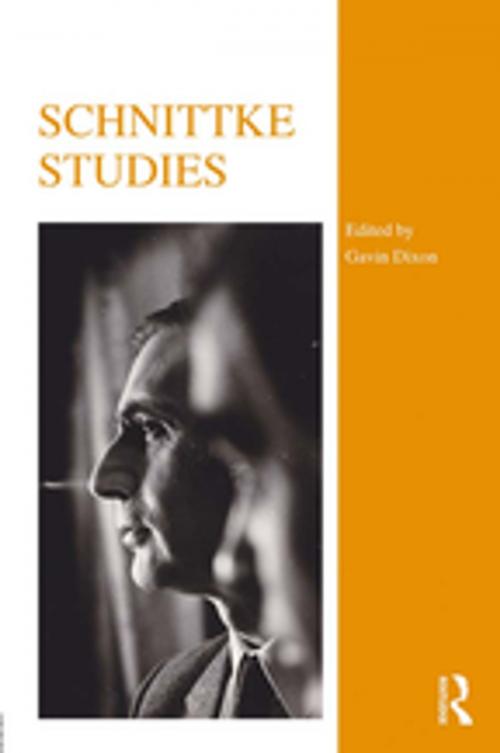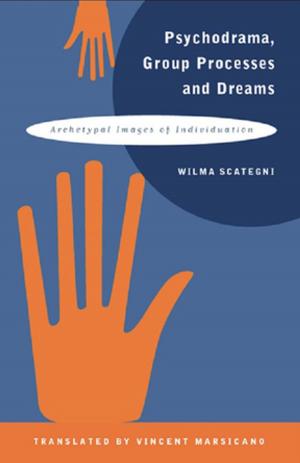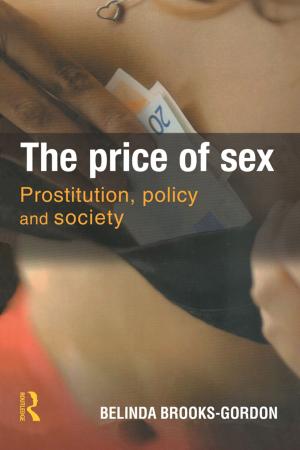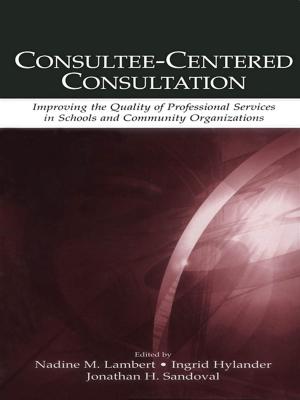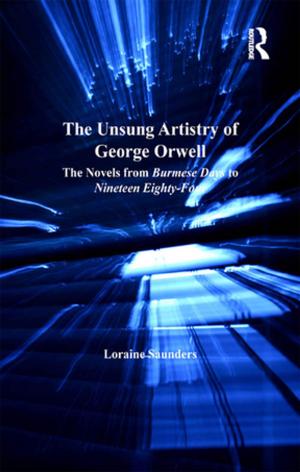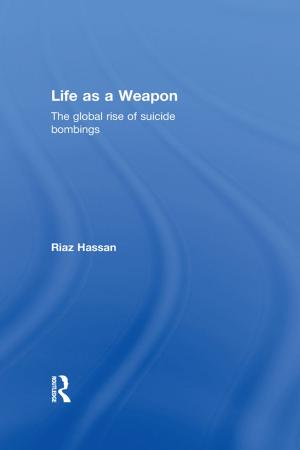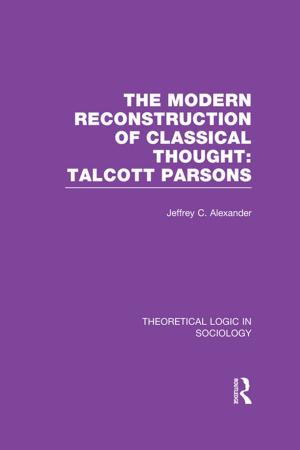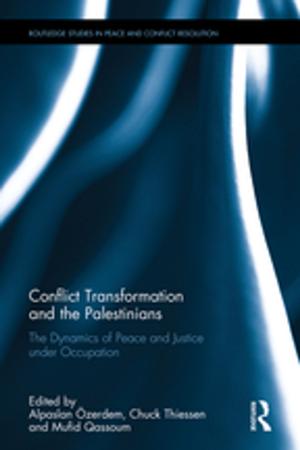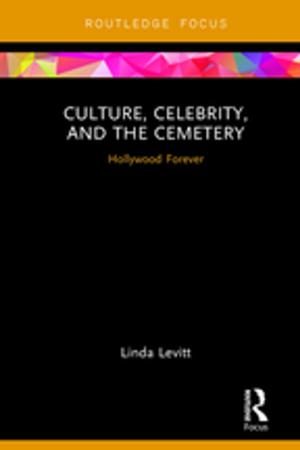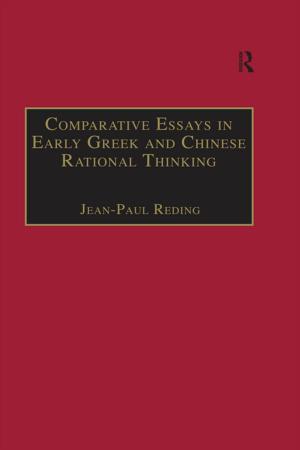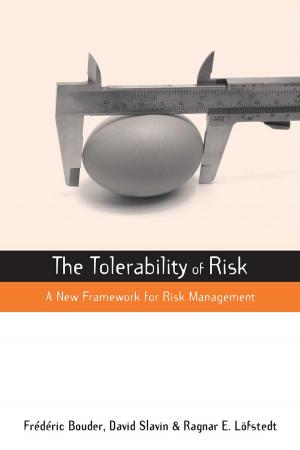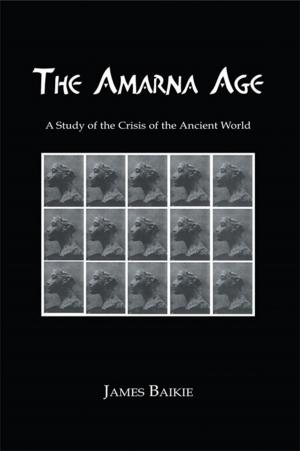Schnittke Studies
Nonfiction, Entertainment, Music, Theory & Criticism, History & Criticism, Reference| Author: | ISBN: | 9781317059226 | |
| Publisher: | Taylor and Francis | Publication: | November 18, 2016 |
| Imprint: | Routledge | Language: | English |
| Author: | |
| ISBN: | 9781317059226 |
| Publisher: | Taylor and Francis |
| Publication: | November 18, 2016 |
| Imprint: | Routledge |
| Language: | English |
Alfred Schnittke (1934-1998) was arguably the most important Russian composer since Shostakovich, and his music has generated a great deal of academic interest in the years since his death. Schnittke Studies provides a variety of perspectives on the composer and his music. The field is currently diverse and vibrant, and this book demonstrates the range of academic approaches being applied to Schnittke’s work and the insights they provide, covering: polystylism, for which Schnittke is best known, the significance of the composer’s Christian faith, and detailed formal analyses of key works, with connections drawn between the apparently divergent periods of the composer’s career. This book has been prepared as a memorial to Professor Alexander Ivashkin, a leading scholar in the field, who died in 2014, and will be of interest not only to those studying Schnittke's music, but also those with an interest in late Soviet-era music in general.
Alfred Schnittke (1934-1998) was arguably the most important Russian composer since Shostakovich, and his music has generated a great deal of academic interest in the years since his death. Schnittke Studies provides a variety of perspectives on the composer and his music. The field is currently diverse and vibrant, and this book demonstrates the range of academic approaches being applied to Schnittke’s work and the insights they provide, covering: polystylism, for which Schnittke is best known, the significance of the composer’s Christian faith, and detailed formal analyses of key works, with connections drawn between the apparently divergent periods of the composer’s career. This book has been prepared as a memorial to Professor Alexander Ivashkin, a leading scholar in the field, who died in 2014, and will be of interest not only to those studying Schnittke's music, but also those with an interest in late Soviet-era music in general.
